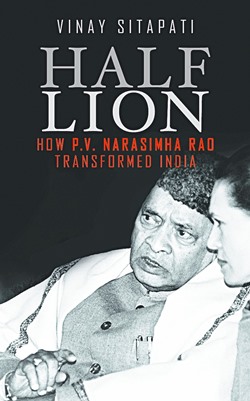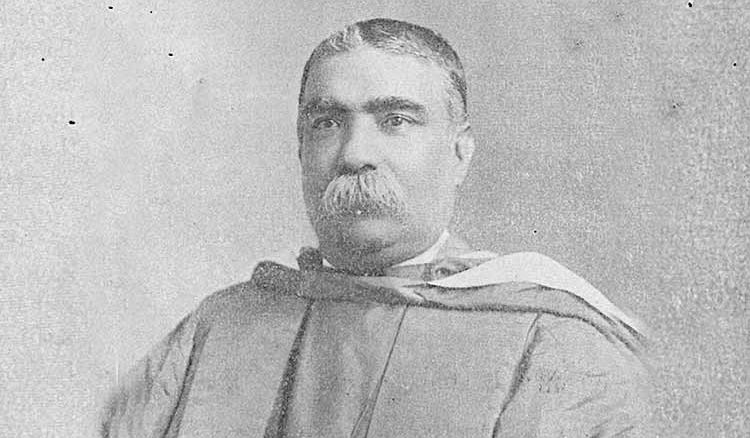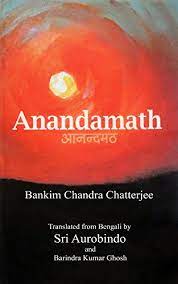#NarasimhaRaoJayanti
I didn’t know it was this bad…’ was Rao’s reaction to the briefing on the balance of payments crisis, the unprecedented devaluation of the rupee and the mortgaging of gold bullion, when being updated by his cabinet secretary a day before he was to be
I didn’t know it was this bad…’ was Rao’s reaction to the briefing on the balance of payments crisis, the unprecedented devaluation of the rupee and the mortgaging of gold bullion, when being updated by his cabinet secretary a day before he was to be

sworn-in as our 10th prime minister.
Rao was not a mass leader; he presided over a minority government in the Parliament; his party colleagues distrusted him and the Gandhi family kept an eagle eye on him. ‘Few world leaders have achieved so much with so little power.’

Rao was not a mass leader; he presided over a minority government in the Parliament; his party colleagues distrusted him and the Gandhi family kept an eagle eye on him. ‘Few world leaders have achieved so much with so little power.’


The political importance of Narasimha Rao lies in his demonstrating to the Congress Party that someone from outside the Nehru-Gandhi dynasty can in fact run the party and the government quite successfully.
He was not only the first Congress leader after the Nehru-Gandhis to
He was not only the first Congress leader after the Nehru-Gandhis to
remain in office for a full term but was also the 1st PM from south.
After Rajiv’s assassination, Rao was without question, the least unacceptable leader in the faction ridden Indira Congress. His rivals at the time, N D Tiwari, Arjun Singh, Sharad Pawar checkmated each other.
After Rajiv’s assassination, Rao was without question, the least unacceptable leader in the faction ridden Indira Congress. His rivals at the time, N D Tiwari, Arjun Singh, Sharad Pawar checkmated each other.
21 June to 24 July 1991 witnessed a revolution in India’s economic policy, born out of a financial crisis that had been some years in the making.
The economy was so wrecked that India was pawning its family jewellery. There have been crises in 1965-67, 1973-75 and 1979-81.
The economy was so wrecked that India was pawning its family jewellery. There have been crises in 1965-67, 1973-75 and 1979-81.
None, however, was more alarming than what India faced in 1991.’ To mend the situation, India needed ‘fiscal discipline, to dismantle trade barriers, and remove licenses, permits and anti-monopoly laws that bound domestic entrepreneurs’.
When PVN became the unlikely PM in 1991
When PVN became the unlikely PM in 1991
he inherited a nation adrift, violent insurgencies, and economic crisis. Despite being unloved by his people, mistrusted by his party, and ruling under the shadow of 10 Janpath, Rao transformed the economy and ushered India into the global arena.
By the time Rao understood the
By the time Rao understood the
gravity of the situation, a formerly ‘protectionist Rao had given way to the pragmatic Rao’. He handpicked experts ‘regardless of their political affiliations’, and sought advice from them. Interestingly, while deciding on his new ministerial cabinet, Rao ‘wanted an apolitical
economist with an internationally credible face capable of dealing with the west’ & was offered two names – Prof I.G. Patel, former Director of the London School of Economics, and Dr Manmohan Singh, former RBI Governor. Patel declined & Singh was sworn in as finance minister.
Earlier governments, led by Indira Gandhi, Rajiv Gandhi and V.P. Singh, also were aware of the significance of liberalising the economy. Rajiv Gandhi had even attempted such reforms in 1985 but he ‘lacked the skills to manage the politics of reform’.
In pulling off the reforms
In pulling off the reforms
his predecessors had failed to implement, Rao proved to be a shrewd strategist.
Do you know Congress used him to pass all their blunders like 1984 anti-Sikh riots, Anderson escape after the Bhopal tragedy, and above all, for conspiring to demolish the Babri Masjid in 1992?
Do you know Congress used him to pass all their blunders like 1984 anti-Sikh riots, Anderson escape after the Bhopal tragedy, and above all, for conspiring to demolish the Babri Masjid in 1992?
Pamulaparthy Venkata Narasimha Rao was born on this day in 1921, participated in Vandemataram Movement against Nizam, entered politics from Congress.
He was the‘principal architect of economic reforms’, but in the later years since Rao’s retirement from active politics, and
He was the‘principal architect of economic reforms’, but in the later years since Rao’s retirement from active politics, and
subsequently his demise, the party which he served for six decades has been ‘determined to erase him from the party’s pantheon.
Upon his death in 2004, the Congress party even denied Rao a funeral in Delhi, as ‘Maino did not want him to be seen as an all-India leader’.
Upon his death in 2004, the Congress party even denied Rao a funeral in Delhi, as ‘Maino did not want him to be seen as an all-India leader’.
Two days after Narasimha Rao’s body was cremated in 2004, an emotional Atal Bihari Vajpayee paid his old friend a startling tribute. Rao was the “true father” of India’s nuclear programme. Vajpayee said that, in May 1996, a few days after he had succeeded Rao as prime minister,
“Rao told me that the bomb was ready. I only exploded it.”
“Saamagri tayyar hai,” Rao had said. (“The ingredients are ready.”) “You can go ahead.”
How closely was Rao involved in nuclear programme? What prompted his decision to test in Dec 1995? Why did he change his mind?
“Saamagri tayyar hai,” Rao had said. (“The ingredients are ready.”) “You can go ahead.”
How closely was Rao involved in nuclear programme? What prompted his decision to test in Dec 1995? Why did he change his mind?
Was it US pressure or something altogether more mysterious? Why did he pass on the baton to Vajpayee 6 months later?
Shekhar Gupta asked Rao these questions months before he died. PVN patted his belly. “Arrey, bhai, let some secrets go with me to my chita [funeral pyre].”
Shekhar Gupta asked Rao these questions months before he died. PVN patted his belly. “Arrey, bhai, let some secrets go with me to my chita [funeral pyre].”
Read the complete and gripping story here
news18.com/news/opinion/o…
scroll.in/article/810874…
________________________________________
news18.com/news/opinion/o…
scroll.in/article/810874…
________________________________________
Those who imagine that the decline of the Congress Party began in 2014, attributing this to Narendra Modi’s campaign for a “Congress Mukt Bharat”, are unaware of the roots of the party’s decline. It began the day the party ceased to be a party, as Narasimha Rao famously put it
in his book The Insider, and became a “proprietorship”.
Rao’s magnanimity in letting Vajpayee revel in the glory of nuclear testing (including of the hydrogen bomb) is telling. As Abdul Kalam said, it “reveals the maturity and professional excellence of a patriotic statesman
Rao’s magnanimity in letting Vajpayee revel in the glory of nuclear testing (including of the hydrogen bomb) is telling. As Abdul Kalam said, it “reveals the maturity and professional excellence of a patriotic statesman
• • •
Missing some Tweet in this thread? You can try to
force a refresh







